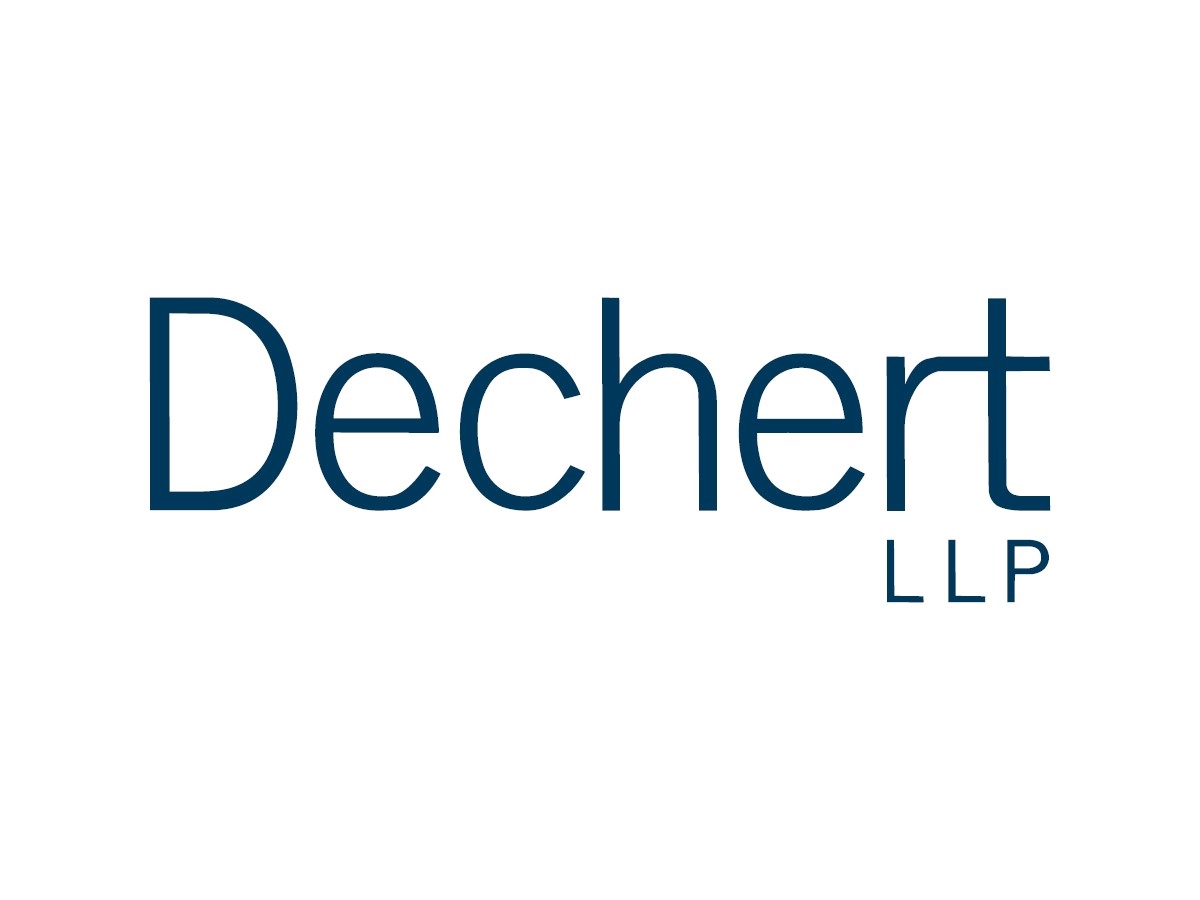
In an important ruling,1 the English High Court has recognised for the first time that there is an arguable case that non-fungible tokens (NFTs) are to be treated as property under English law. This means that the powerful proprietary remedies available to victims of cryptocurrency fraud are also available to NFT fraud victims.
The Facts
In September 2021, the founder of Women in Blockchain Talks (the claimant) was gifted NFTs representing digital works of art from Boss Beauties, a women-led NFT avatar collection which funds initiatives to create mentorship and scholarship opportunities for girls and women. By January 2022, the NFTs had been removed from her wallet by fraudsters without her consent. The NFTs were then traced to two accounts controlled by persons unknown (the first defendant) on a U.S.-based peer-to-peer NFT marketplace named Ozone Networks Incorporated t/a Opensea (Opensea) (the second defendant).
The claimant made an application without notice for: (i) an interim proprietary injunction restraining the dissipation of the NFTs in question; and (ii) a disclosure order known as a Bankers Trust Order, requiring Opensea to provide information to enable the claimant to trace or identify those who controlled the wallets to which the NFTs had been transferred.
The Decision
Recognising that the NFTs could be dissipated quickly, the judge granted each of the orders sought by the claimant and gave the claimant permission to serve both defendants out of the jurisdiction by alternative means. In reaching this decision, the Court made the following key findings:
Conclusions
Whilst this is an interim judgment and the defendants were not represented at the hearing to argue their case, it is an important step towards NFTs being recognised as property and will give comfort to victims of NFT fraud that effective proprietary remedies are available through the English courts to assist in recovering their NFTs. The availability of powerful remedies such as disclosure orders against crypto exchanges based outside the UK can be used to bust through the anonymity afforded to holders of crypto wallets and so facilitate enforcement against those in receipt of the stolen assets – just as happened in the case of Ion Science where an exchange was compelled to disclose the account holder of stolen Bitcoin, this ultimately resulting in enforcement against funds held in that account. This is particularly significant as the (already high) number of scams and frauds in crypto markets continues to grow. Although the vast majority of crypto cases before the English courts have so far concerned misappropriated cryptocurrencies, we expect an increase in cases concerning stolen NFTs as the market for NFTs continues to mature.
The English courts continue to lead the way in protecting cryptoasset investors by showing their willingness to apply existing legal principles to the evolving crypto markets and to act swiftly to provide remedies to victims of crypto fraud. The English courts are alive to the commercial reality of crypto frauds, in this case the judge noting that “if the [injunction] is not granted then there is a very real risk that these assets will be transferred through multiple different accounts at great speed, and in a way which will make it practically either very difficult, or possibly even impossible, for the claimant to trace and retrieve her assets”.
The authors are grateful to Jennifer Hutchings, Trainee Solicitor in London, for her valuable contribution to this OnPoint.
Footnotes
See more »
DISCLAIMER: Because of the generality of this update, the information provided herein may not be applicable in all situations and should not be acted upon without specific legal advice based on particular situations.
© Dechert LLP var today = new Date(); var yyyy = today.getFullYear();document.write(yyyy + ” “); | Attorney Advertising
Refine your interests »
This website uses cookies to improve user experience, track anonymous site usage, store authorization tokens and permit sharing on social media networks. By continuing to browse this website you accept the use of cookies. Click here to read more about how we use cookies.
Back to Top
Explore 2022 Readers’ Choice Awards
Copyright © var today = new Date(); var yyyy = today.getFullYear();document.write(yyyy + ” “); JD Supra, LLC

